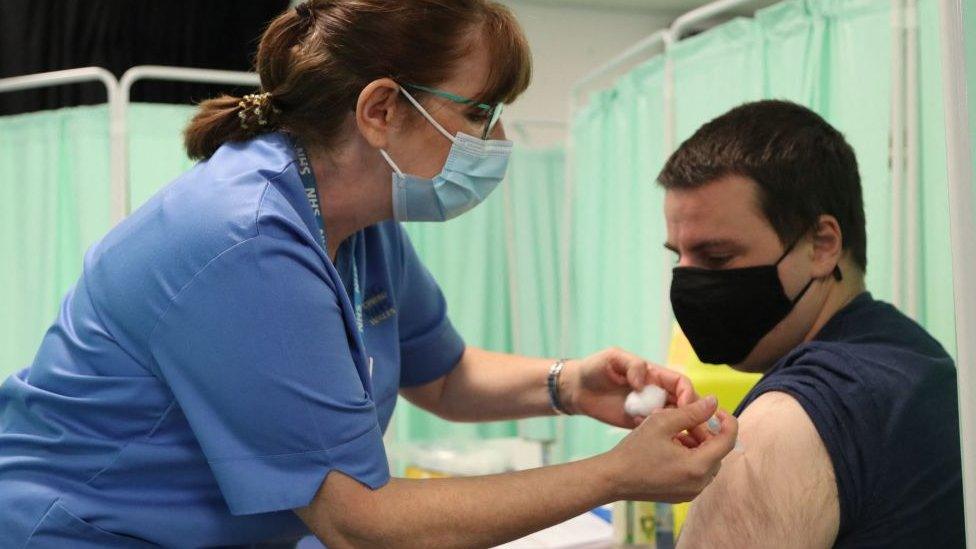Covid: 'Stay-local' rules likely to differ across Wales
- Published
- comments
"Five miles in Cardiff means something very different to Anglesey"
Any "stay-local" policy introduced as lockdown is eased is likely to differ depending on what part of Wales people live in, the health minister said.
Vaughan Gething suggested people living in rural areas might be able to travel further to access facilities easily available to people in urban areas.
"If we do go to stay local, it will be slightly different depending on where you live," he told a press briefing.
He suggested there could be a "few weeks" of stay-local guidance.
First Minister Mark Drakeford is due to review Covid restrictions on Friday and has previously suggested there could be some easing of the stay-at-home instruction.
Speaking at the coronavirus briefing, Mr Gething told journalists: "If, like me, you're fortunate enough to live in Penarth, then a few miles from Penarth you can do lots of things.
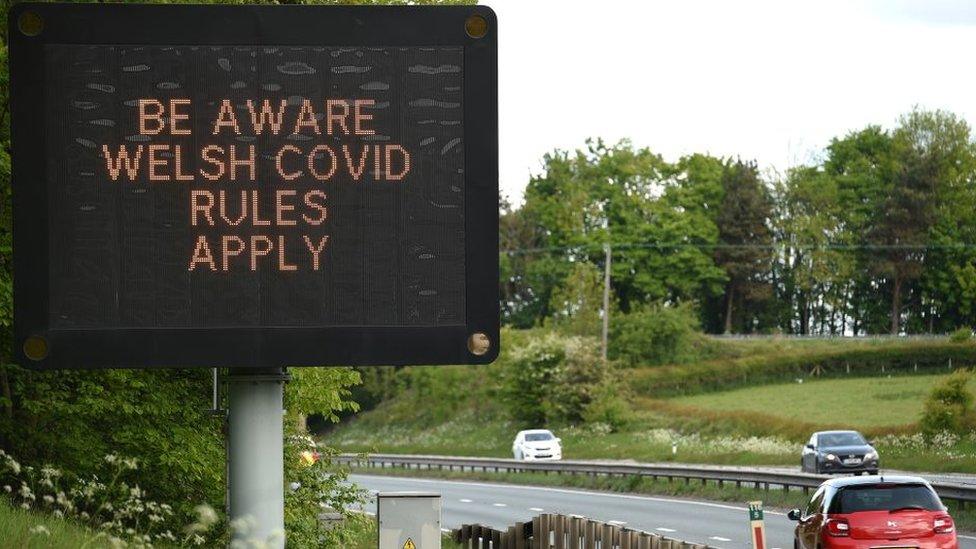
Stay local rules were brought in to after stay home legislation ended last summer
"If I lived in the middle of Powys or Anglesey, within a few miles I might not be able to do them, so we do recognise that if we go to stay local, it will be slightly different depending on where you live."
He added: "Any guidance around that will recognise that."
Mr Gething said after a "few weeks" the Welsh Government could be in a position to go beyond stay local.
Rural 'discrimination'
Ministers have previously pointed to an opening of holiday accommodation for the Easter period, which Mr Gething acknowledged would not be feasible if a stay-local policy was in place.
Last year, a stay-local rule was in place as the strict lockdown was eased, with guidance - rather than law - that people should stay within five miles of home.
This led to some people arguing it discriminated against people living in rural areas who needed to travel further, for example to see family members.
Both the Conservatives and Plaid Cymru welcomed an indication any "stay local" message could be differ across Wales.
For the Conservatives, Russell George said it was difficult to follow in rural areas, adding: "I can't follow the same kind of measurements here in rural Powys as Vaughan Gething can in Penarth."
Plaid's Rhun ap Iorwerth agreed, saying: "Five miles in Cardiff means something very different in Anglesey."
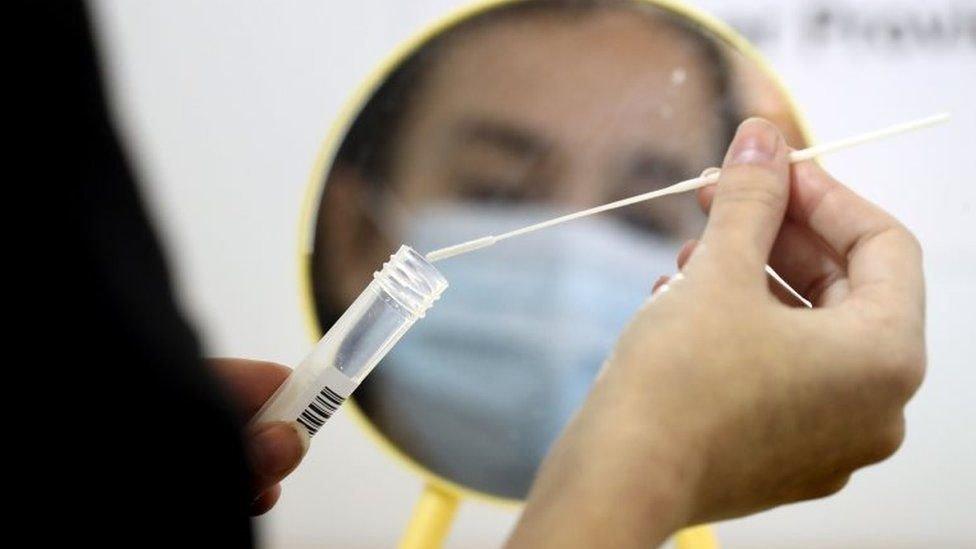
Mr Gething said expanding testing would not be an alternative to self-isolating
Covid testing will be expanded to anyone identified as a close contact of someone who has tested positive for the virus, Mr Gething also announced.
Currently contacts are only tested if they develop symptoms, but they will now be told to test on the first and eighth days of self-isolation.
He said: "This will help us to identify more people with coronavirus and their close contacts who would otherwise be unknown to TTP [Track, Trace and Protect], helping to break chains of transmission and to stop the virus spreading".
However, he said it was not an alternative to self-isolating, adding: "If you've been identified as a close contact, it's really important you complete the 10 days of isolation and do the two tests."
He said the Welsh Government would be putting an extra £60m into contact tracing, as announced at last week's budget.
Homeless to be prioritised
Mr Gething said all people "experiencing homelessness" would be included in the priority group six for Covid vaccinations.
"This includes people who are sleeping rough, people in emergency accommodation and people who were recently homeless but are now in supported accommodation," he told the briefing.
"Many people in this group will be living with underlying health conditions, which put them at risk of coronavirus.
"It's important they are offered vaccinations."
Local testing rolled out
Local testing will be taking place in areas which have had high rates of community transmission, Mr Gething announced.
He said: "Community testing to find more cases in people without symptoms is being rolled out in parts of Bridgend, Merthyr Tydfil and Rhondda Cynon Taf - areas, which have historically had high rates of community transmission."
The minister also urged people to take up their vaccinations.
He said he was looking forward to having the vaccine "in the coming days".
- Published9 March 2021
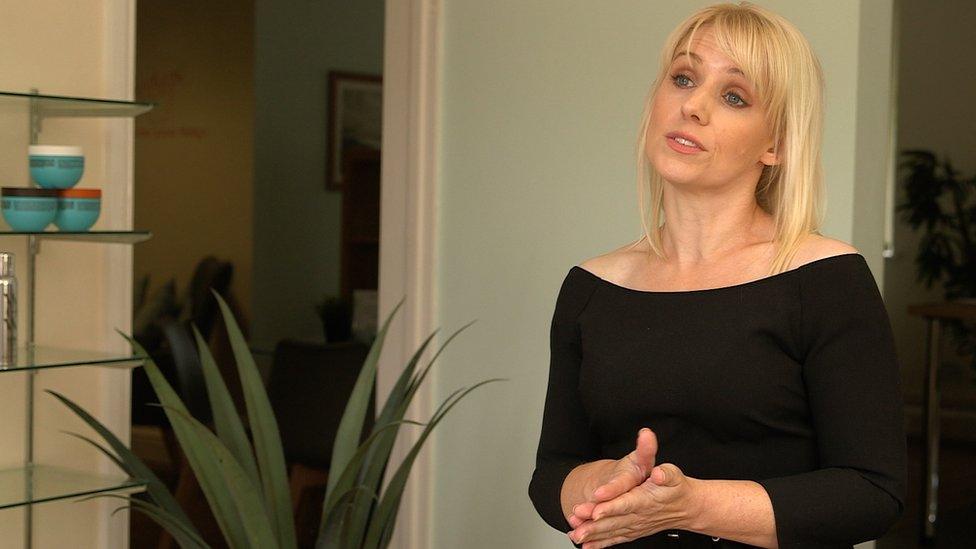
- Published10 March 2021
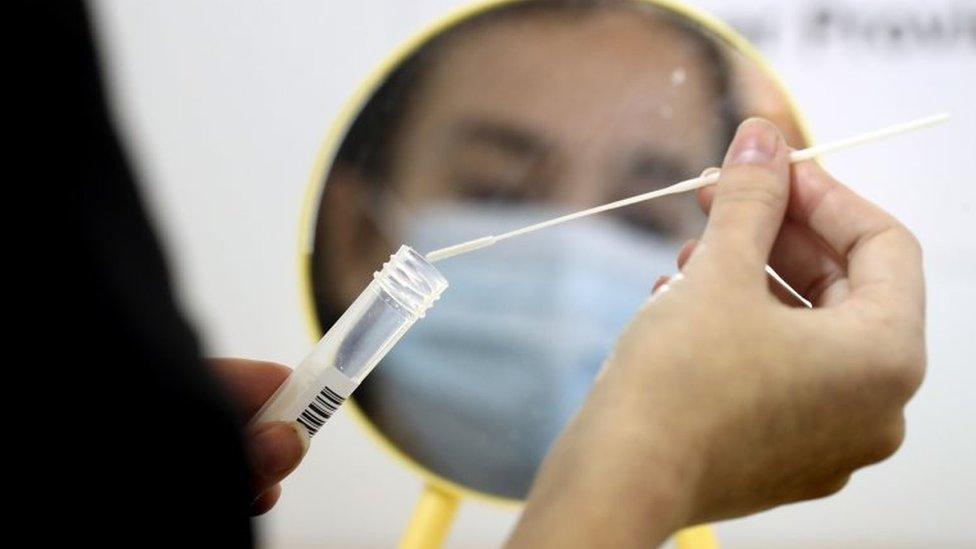
- Published19 June 2020

- Published23 May 2021
